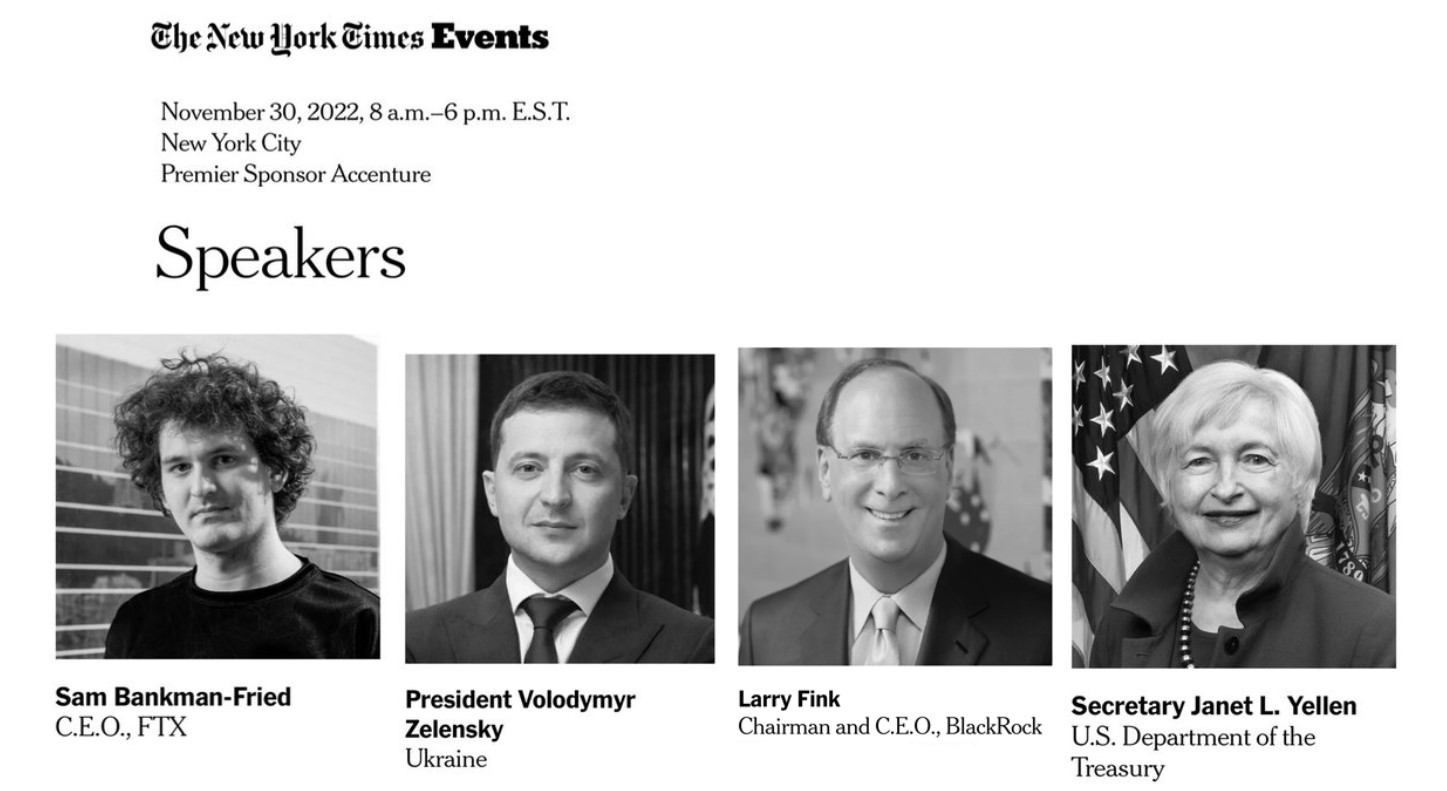‘Japan needs more foreign blood!’
Jake Adelstein, an American “investigative journalist” for several leftist rags, has set his sights on Japan because the country is not welcoming enough to foreigners he says.
Published: October 1, 2018, 8:30 am
“Japan’s government remains xenophobic. That must change,” says Adelstein.
He has attacked Japan’s ruling party for being anti-LGBT, attacked the president himself for “befriending racists” and being a “misogynist”, and attacked Japanese generally for being… Japanese.
Japan reaching new levels of cranky old men stupidity. https://t.co/77i7NX7qPQ
— Jake Adelstein/中本哲史 (@jakeadelstein) September 28, 2018
Writing in The Daily Beast Adelstein bemoaned the Japanese term “hafu” for any child with one parent who is not Japanese. Although the term is not controversial, Adelstein believes it should be.
“Japan’s xenophobia runs deep, and it’s something the country will have to conquer if it hopes to be a winning nation — not just an opportunistic fanboy,” according to Adelstein.
But compared to multicultural countries, Japan has been extremely successful as a homogenous nation. With its modestly paid bosses and impressive health statistics, Japan is widely hailed as the most equal major economy in the world.
While Scandinavian countries are often regarded as models of egalitarianism, they have far fewer people than Japan with its population of 127 million.
Universal health insurance and health outcomes that are among the best in the world, and Japanese have a life expectancy of 87 years for women and 80 for men. Infant mortality is among the lowest in the world. Strikingly, Japanese children lead the world in literacy and numeracy.
The country boasts extremely low crime rates and high levels of social cohesion.
Japan’s mixed-race nationals are often shunned. Chelsea Sakura Bailey, the 25-year-old-daughter of veteran Tokyo reporter James Bailey and Yurika Bailey, texted The Daily Beast when the upcoming new half-Japanese tennis star Naomi Osaka won the US Open Tournament, “I hope her victory will make Japanese look at people who are not ‘full’ Japanese as an inspiration rather than just ‘different.’”
The country does not allow dual nationality, and under Japanese law, a citizen is required to forsake other nationalities before turning 22 if he or she is to remain Japanese. Japanese citizens who have have been nationalized in other countries and do not renounce their passports, are stripped of their Japanese citizenship.
A group of them sued the Japanese government this March, declaring the Nationality Law to be unconstitutional, out-of-date, and invalid.
Because a Japanese passport is a source of great pride to its holders, loosing it is seen as nothing short of a catastrophe.
One of the eight plaintiffs had moved to Switzerland and obtained Swiss citizenship, a requirement for individuals to take part in bidding procedures. He was not aware at that point that he would automatically be renouncing his Japanese citizenship.
“Both my parents are Japanese, yet one day I lost my citizenship without any warning. I didn’t have the strength to do anything for about two weeks after hearing what happened,” he said. “It was a very painful experience for me,” he explained.
Japan is not the only country which does not allow dual citizenship. At least 55 UN member states do not offer that possibility.
As of 2011, 103 of 195 countries allowed their citizens to retain their original nationality while obtaining citizenship from a second country, according to a UN report published in 2013.
Thirty-seven countries allowed multiple citizenship under specific circumstances, and the remaining 55 banned multiple citizenship.
All rights reserved. You have permission to quote freely from the articles provided that the source (www.freewestmedia.com) is given. Photos may not be used without our consent.
Consider donating to support our work
Help us to produce more articles like this. FreeWestMedia is depending on donations from our readers to keep going. With your help, we expose the mainstream fake news agenda.
Keep your language polite. Readers from many different countries visit and contribute to Free West Media and we must therefore obey the rules in, for example, Germany. Illegal content will be deleted.
If you have been approved to post comments without preview from FWM, you are responsible for violations of any law. This means that FWM may be forced to cooperate with authorities in a possible crime investigation.
If your comments are subject to preview by FWM, please be patient. We continually review comments but depending on the time of day it can take up to several hours before your comment is reviewed.
We reserve the right to delete comments that are offensive, contain slander or foul language, or are irrelevant to the discussion.

Ohio disaster: When hedge funds manage rail traffic
East PalestineAfter the derailment of a freight train loaded with highly toxic chemicals in the US state of Ohio, a devastating environmental catastrophe may now be imminent. The wagons burned for days, and a "controlled" explosion by the authorities released dangerous gases into the environment.

US President Biden orders ‘spy’ balloon to be shot down
WashingtonThe US President gave the order to shoot down China's "spy balloon". The balloon had caused US Secretary of State Blinken to cancel a trip to Beijing. In the meantime, a second balloon was sighted.

US is heading for a financial ‘catastrophe’ US Treasury Secretary warns
WashingtonOn January 19, 2023, the United States hit its debt ceiling of $31.4 trillion. The country faces a recession if it defaults on its debt, the US Treasury Secretary warned in an interview. Her warning underscored the danger of printing money.

Gun violence: More risk in Chicago and Philadelphia than Iraq, Afghanistan
Providence, Rhode IslandA striking statistic: young Americans are several times more likely to be injured by a gun in cities like Chicago and Philadelphia than they are while serving as a soldier in a foreign country.

Elon Musk, the first person in history to destroy $200 billion in a year
Never before in human history has a person lost as much money in one year as Elon Musk did in 2022. The Tesla and Twitter boss lost $200 billion last year. However, with his remaining $137 billion, he is still the second richest person in the world.

Extreme cold and winter storms sweep across US
More than a million households without electricity, thousands of canceled flights, temperatures in the double-digit minus range and already 41 fatalities: The US is being overwhelmed by an enormous cold wave.

Soros sponsors violent leftists and anti-police lobby as US crime surges
WashingtonThe mega-speculator and "philanthropist" George Soros remains true to himself – he has been sponsoring anti-police left-wing groups with billions of dollars.

FTX Founder Sam Bankman-Fried arrested after crypto billions go missing
NassauHe is no longer sitting in his fancy penthouse, but in a cell in the Bahamas: Sam Bankman-Fried (30), founder of the crypto company FTX, is said to be responsible for the theft of 37 billion euros. An interesting fact is that media in the EU have so far kept this crime thriller almost completely secret.

How Twitter helped Biden win the US presidency
WashingtonThe short message service Twitter massively influenced the US presidential election campaign two years ago in favor of the then candidate Joe Biden. The then incumbent Donald Trump ultimately lost the election. Internal e-mails that the new owner, Elon Musk, has now published on the short message service show how censorship worked on Twitter. The 51-year-old called it the “Twitter files”.

Alberta PM suspends cooperation with WEF
EdmontonThe newly elected Premier Danielle Smith of the province of Alberta in Canada has recently made several powerful statements against the globalist foundation World Economic Forum and its leader Klaus Schwab. She has also decided to cancel a strange consulting agreement that WEF had with the state.






